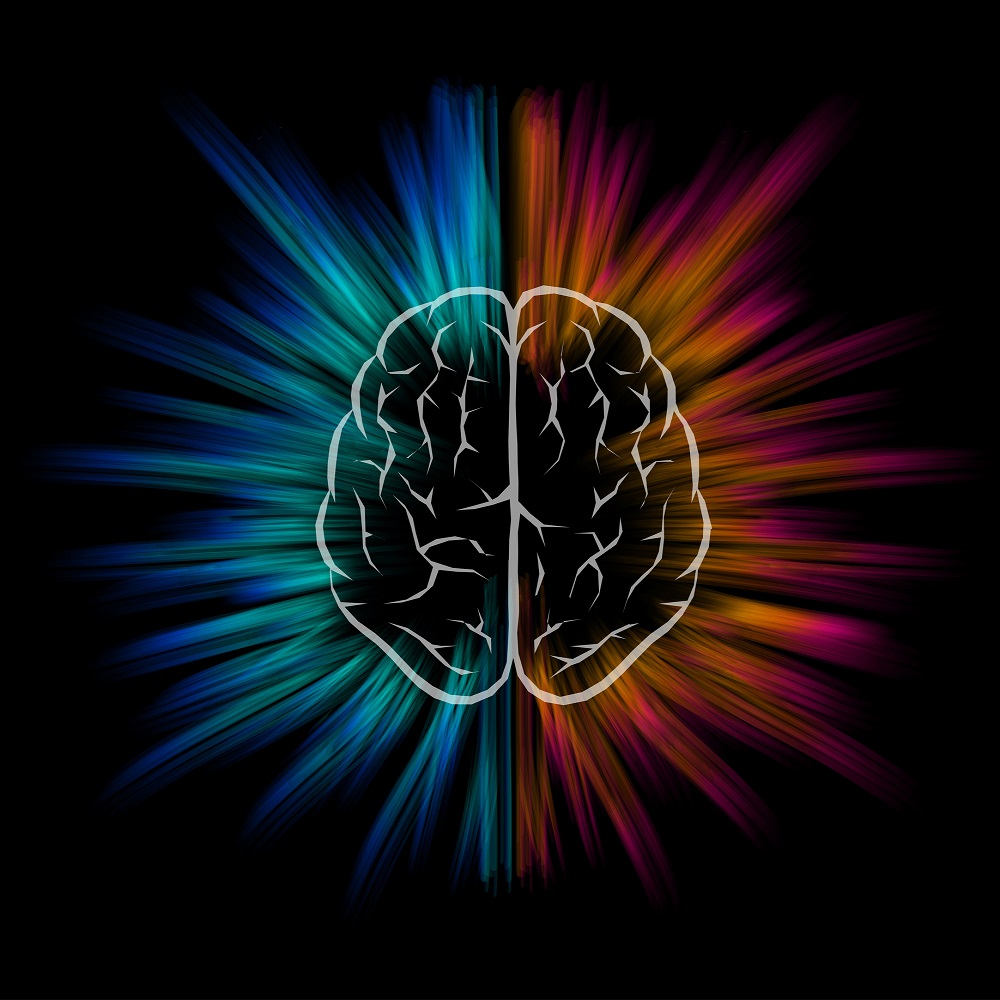In the ever-evolving landscape of political discourse, a curious phenomenon has emerged — one that transcends partisan boundaries and sheds light on the intricate dynamics of belief systems and cognitive biases. It is a phenomenon marked by thought-stopping beliefs, where individuals seem to hit an ideological ceiling, preventing them from venturing beyond their established convictions, even when confronted with compelling evidence or uncomfortable truths. This essay aims to dissect this phenomenon, examining its implications for political discourse and our broader democratic discourse.
The seeds of thought-stopping beliefs lie deep within the human psyche, woven into the complex fabric of identity and ideology. As political scientists, we strive to understand the mechanics of belief formation and change, recognizing that these cognitive processes underpin the dynamics of our political debates. Yet, we grapple with the perplexing reality that, for many, ideological rigidity seems to prevail.
This phenomenon, vividly observed in various political contexts, is not confined to any single ideological group. It transcends the boundaries of conservatism and liberalism, revealing a shared human tendency to resist information that challenges preexisting convictions. What is striking is how individuals revert to what might be deemed as “escapism” when confronted with harsh realities. The emergence of phrases like “I put my faith in Jesus Christ” or “God will find a way” within these conversations underscores the impulse to retreat to comfortable certainties when faced with discomforting truths.
From a political scientist’s perspective, this poses a profound challenge. In a healthy democracy, we rely on open, informed, and nuanced debates to make collective decisions that reflect the interests and values of a diverse populace. Thought-stopping beliefs disrupt this process, hindering the free flow of ideas and impeding our collective capacity to address complex issues. They create cognitive roadblocks that stifle constructive dialogue and hinder the evolution of public policy.
One might argue that this phenomenon is indicative of a broader societal issue — the struggle to accept harsh realities. As political scientists, we recognize that politics is, by its nature, an arena where tough decisions must be made, where systemic issues like oppression or economic inequality require careful analysis and pragmatic solutions. Yet, these challenges often elicit emotional responses, prompting individuals to seek solace in familiar narratives or faith-based beliefs.
Understanding thought-stopping beliefs requires a delicate balance between empathy and critical analysis. We must acknowledge that these beliefs are not exclusive to any particular group, recognizing that they can be deeply ingrained in human psychology. However, we must also encourage a more robust and open-minded approach to political discourse.
To do so, we must embrace the tools of our trade — rigorous analysis, empirical research, and the patient dismantling of fallacious arguments. We must engage in conversations that foster genuine understanding, where individuals are not dismissed as “thought-stoppers” but rather as potential allies in the pursuit of rational discourse and evidence-based policy.
In the end, our role as political scientists extends beyond the realm of analysis; it encompasses a responsibility to encourage a healthy and inclusive political discourse. By acknowledging the existence of thought-stopping beliefs and actively working to counter their influence, we can contribute to the cultivation of a more informed and resilient democracy.
In the words of Pippa Norris, “Political science is the key to unlocking the mysteries of our ever-evolving political landscape.” It is through our discipline that we can shed light on the thought-stopping beliefs that challenge our democracy and, in doing so, pave the way for a more vibrant and responsive political discourse.
